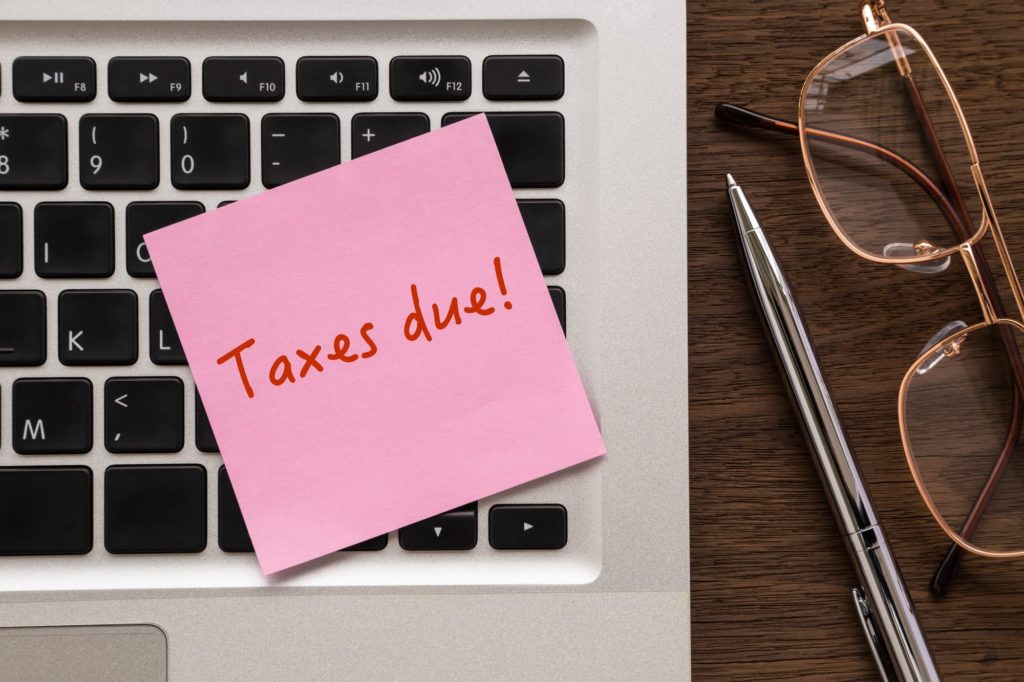Tax season is quickly rolling around. For many, this is an opportunity to receive state and federal refunds. These refunds are a portion of the money the government has taken throughout the year. But what will happen to your refund if you file Chapter 13 Bankruptcy this year? Will it be garnished? Do you have to report it, or will you be able to keep it? Here is more information about this subject.
Who Do You Owe?
If you owe state or federal taxes, this may impact how the government handles your tax refund. An unpaid tax bill often results in the state or federal government placing a federal tax lien, or a legal claim, against your property. The government can levy or take your property to pay your tax debt if you do not satisfy the lien.
If you are subject to a tax lien, the government will send you a bill, give you time to pay it, and notify you of the lien. This lien will typically remain in place until one of three things happens. These are:
- You pay your tax bill in full
- You apply for a discharge of the property
- A withdrawal of the lien is approved
Once you meet these criteria, the government normally releases your lien. The federal tax lien also means that the government may use your tax refund to offset the balance you owe. But if you included the tax bill in your Chapter 13 bankruptcy, this may not happen.
Is It Yours to Keep?
If you have an open bankruptcy case, all of your disposable income suppose to go into your repayment plan. This criterion means you must report your tax refund to your bankruptcy trustee.
The trustee will then advise you on whether they will include your refund in your repayment plan. Most of the time, the answer is yes, and they will incorporate it.
Is There a Way to Get the Refund Excused?
You may be able to get your refund excused from your bankruptcy plan in several ways:
Initially
The best way to have it excused is to discuss it with your bankruptcy attorney in the beginning. Your discussion will allow them to draft the initial plan with this exclusion.
You will need to state a specific solid reason for this exclusion. For example, your tax refund may be the money you use to pay your property tax or your child’s tuition.
Be prepared for objections from your creditors and even the bankruptcy trustee. They may view this attempt at exclusion as a way for you to keep the surplus cash needed to pay off your plan.
A way around this may be to exclude a limited refund amount for the years you are in the plan. Anything above and beyond this stated amount will go towards your repayments.
Modification
Your attorney may also apply for a modification of the year or years you want to excuse the refund from your plan. Each year will require a separate modification. The modification will also need an explanation of what you need the keep the money for. The court will not approve you retaining the refund for your daily living expenses.
But they may support you in keeping the money for unforeseen circumstances that arose since you filed your case.
Bankruptcy is a complex process that you should not attempt alone. North Metro Litigators can help you through it. We have years of experience successfully navigating our clients through the Chapter 7 and 13 processes. Give us a call so we can help you successfully file and complete your case.


